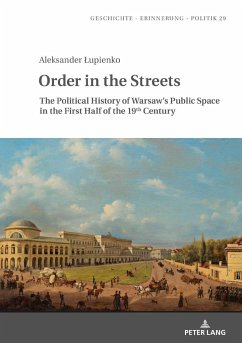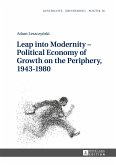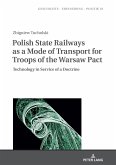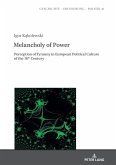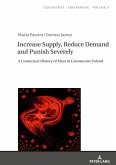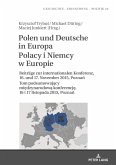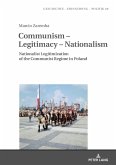The book offers a wide perspective on the history of the capital of the Kingdom of Poland. The Kingdom was a small part of the Polish-Lithuanian Commonwealth, which passed under the rule of the Russian Tsars. The book presents the life of the streets, squares and parks, special events, the changing infrastructure and the rise of consumerism. It describes how Warsaw became a monumental capital in a short period of 1815-1830. The main plot of the book is the political dimension of the space: publicly expressed sympathies and aversions towards politicians, rising control and Russification, acts of loyalty and anti-Russian demonstrations to regain hegemony in the early 1860s. The author reflects on the question if the modern definitions of the public space can be applied to a historic city.

